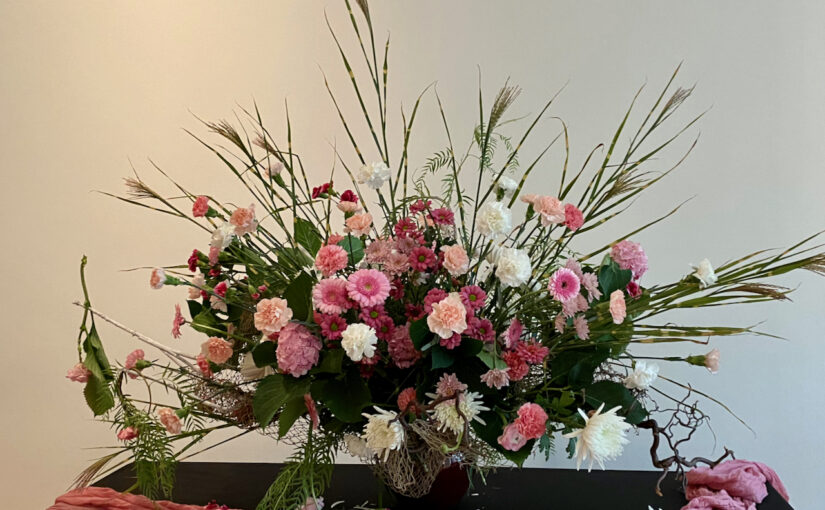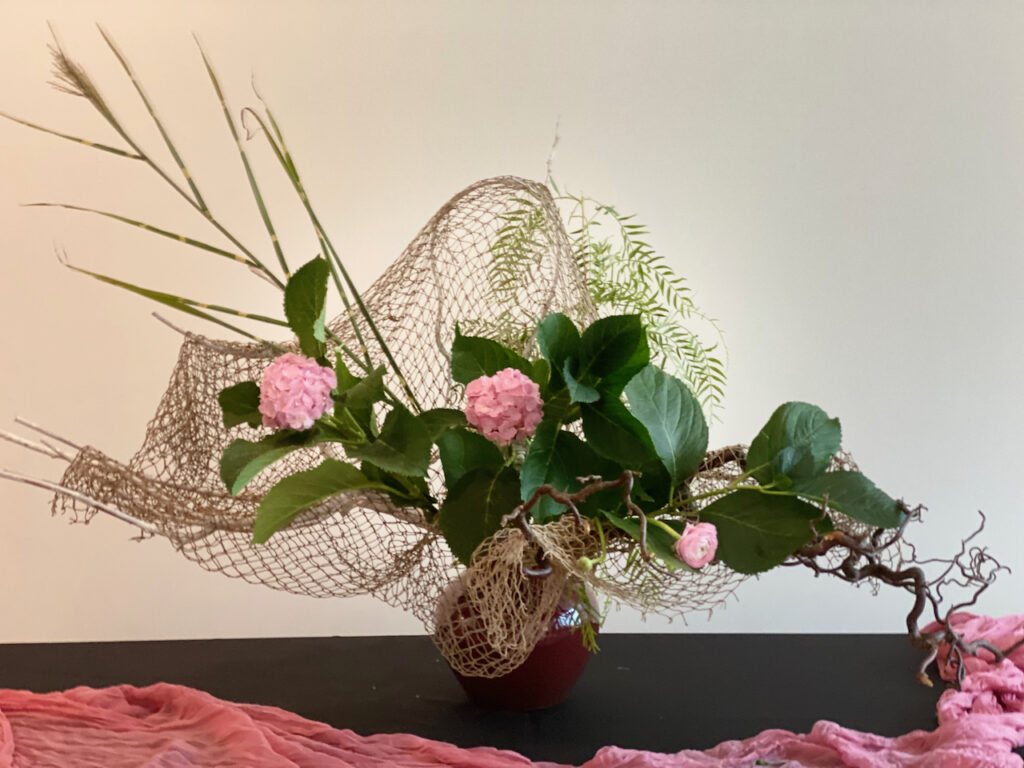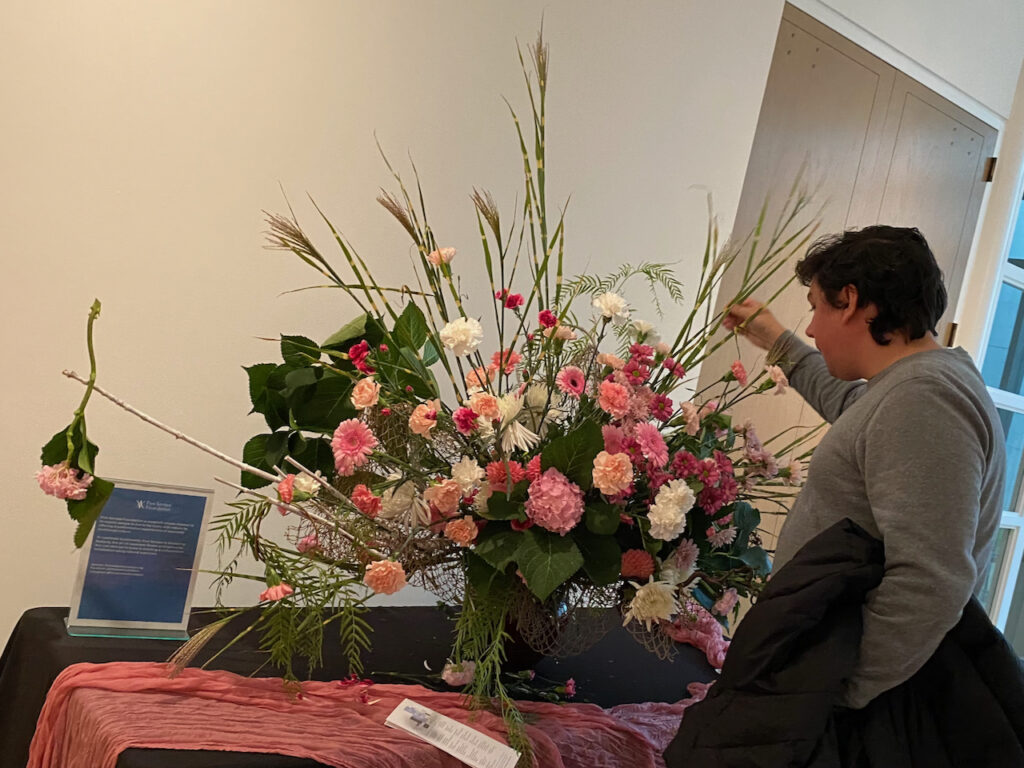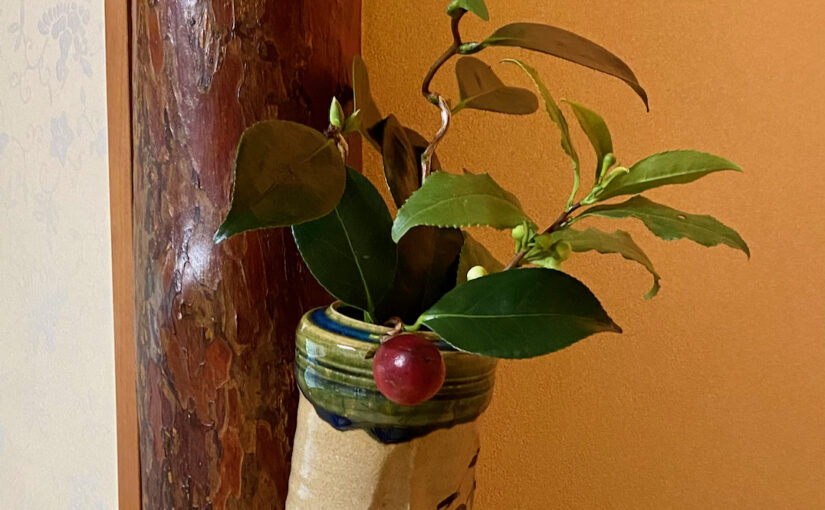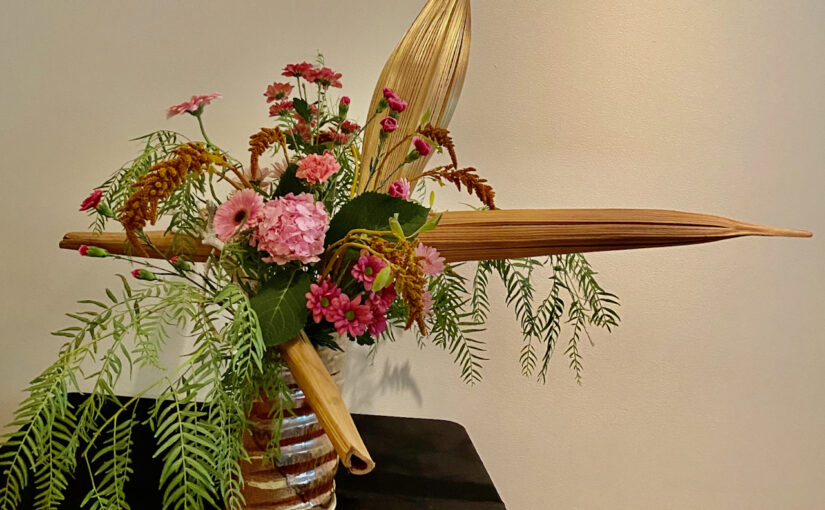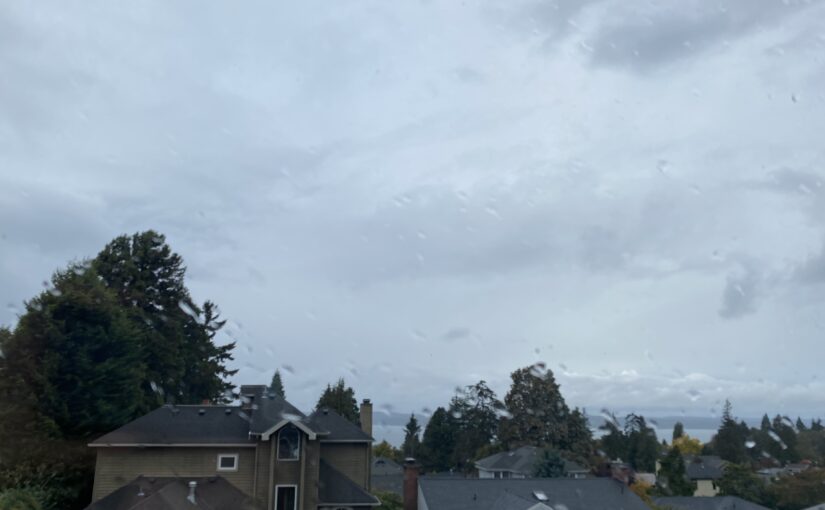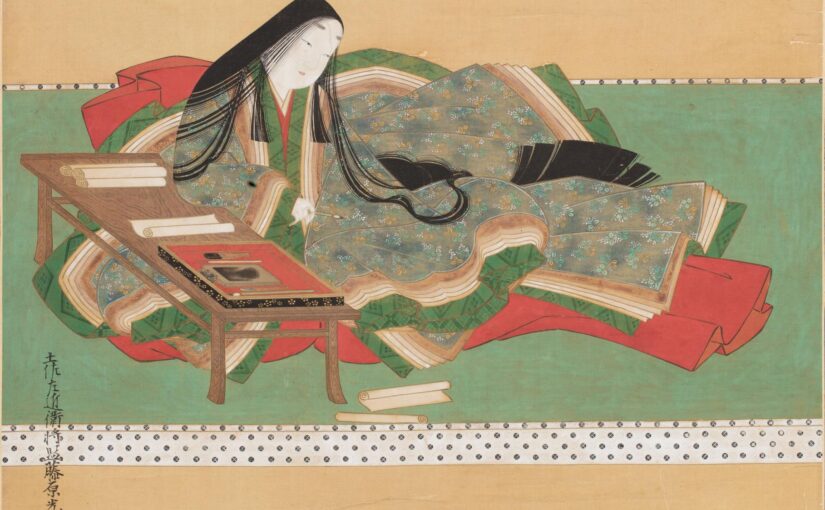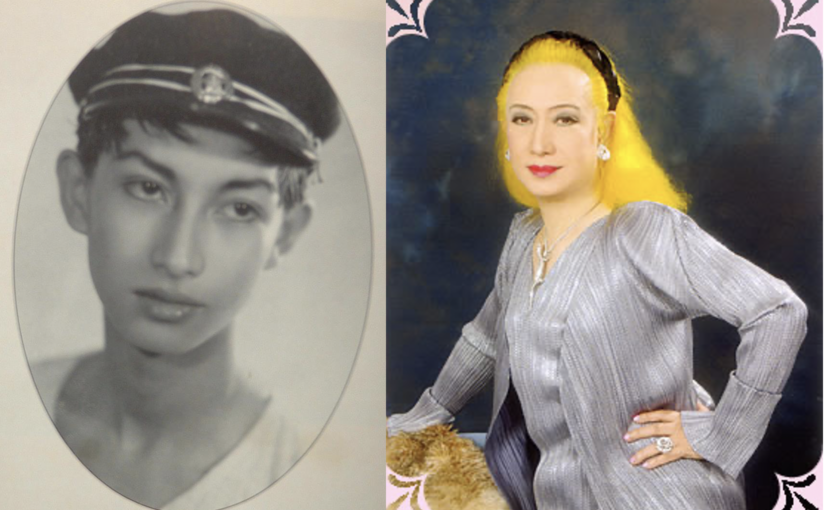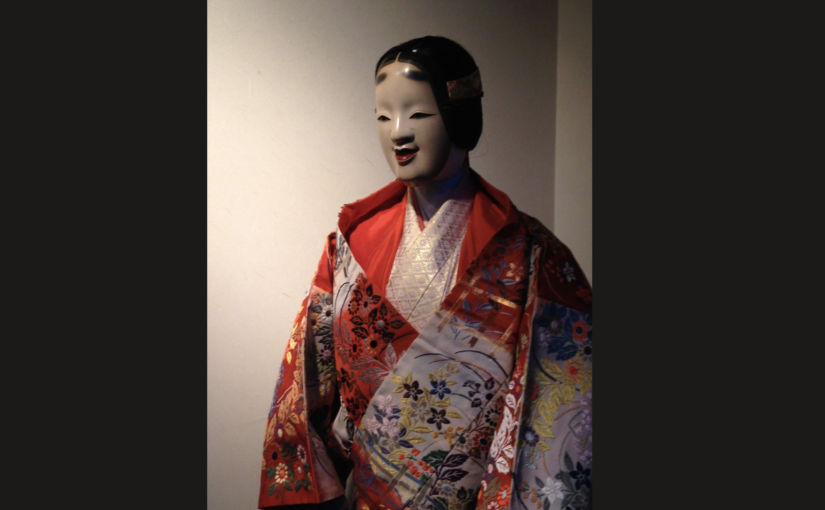It’s more like a path
Photo by Bruno /Germany in Pixabay
Day 29 of 30-Day Writing Challenge
Normally I write my assignment first then I look for an image that is fitting for the article.
But today I reversed the order. I started browsing the images that came up when I typed “Goal” as a keyword.
The first photo on the list was an image of a dartboard. One arrow is hitting the bullseye. Nice job! Well, when much younger, I used to think of a goal like this picture. But no longer.
Another popular kind was that of a goal of succor or hockey field. Yeah, that’s also a goal. But not mine.
Another kind is a summit of a mountain. A person posting a flag on the top. Sure, I used to place a flag like this on the summit I conceptually visualized. Moving to the US to live, starting my own business, and exiting it. But no more.
I found one! A picture that shows my future goals most appropriately: a path in the open field.
In this picture I see mountains far away. Continuing to walk this path I may be able to reach the mountains. But, you know, I’m 60 years old. Not that physically fit, although I try to exercise every night. I may drop dead before getting to even the foothills of those mountains.
The way of flowers, the way of tea, the way of writing… None of what I practice now has an end. No matter how fast, how long I stride, I will never be able to reach the summit. The summit is always far away, and that’s fine.
On this path, in front of my eyes, I simply move my foot forward one step at a time. Once in a while I look back the path to see how far or how little I have come. And I look forward again, make today’s stride. Till I die. Yes, my future goals look exactly like this photo.
14,306 days till my 100th birthday.


